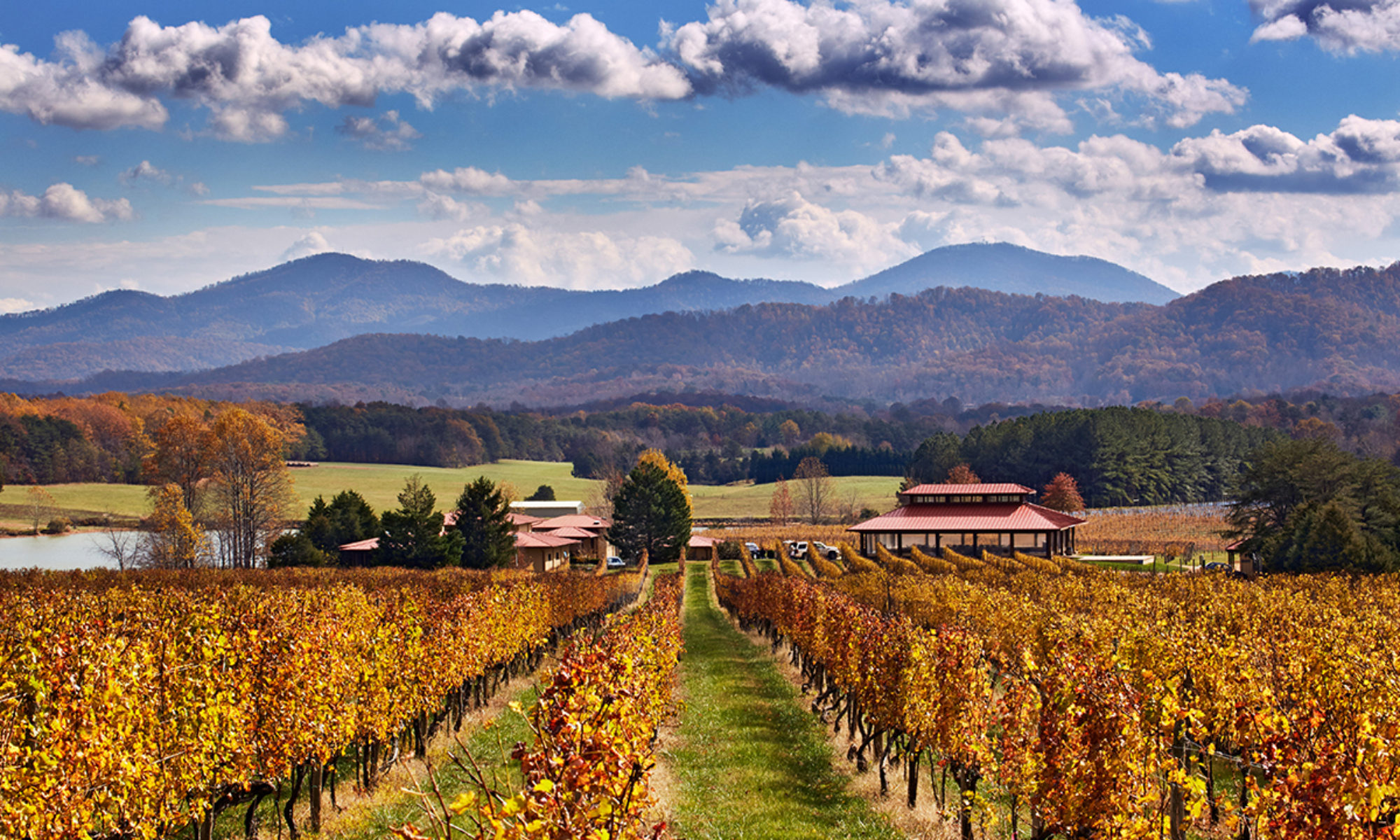Located at 1800 Fray Road in Ruckersville, 20 minutes north of downtown Charlottesville. This is a small winery which opened in 2019 and which requires reservations – don’t just drop in between other wineries. Winegrower and winemaker Justin Falco is originally from Connecticut, with Italian roots, and worked previously in IT in the San Francisco Bay Area, and then graduated with a Sommelier Certification from the International Culinary Institute.
Wine. Tier II. Montifalco received three silver medals at the prestigious San Francisco Chronicle nation-wide wine competition for 2025, for their 2021 vintage Meritage, their 2022 Resilient (a Merlot-led red blend), and their 2023 L’Espoir white blend. The winery received a pair of silver medals at the 2024 Monticello Cup, and also at the 2024 Finger Lakes Wine Competition. Montifalco specializes in small batch boutique wines. Justin is currently growing Semillon, Sauvignon Blanc, Rkatsiteli and Saperavi white wine grapes (the latter to Eastern European varietals are unusual for Virginia). He is currently purchasing Cabernet Franc, Cabernet Sauvignon, Malbec, and Zinfandel, either from elsewhere in Virginia or from California. At the San Francisco Chronicle competition back in 2022, Montifalco was awarded a very impressive pair of double gold medals, for their vintage Malbec and Petit Verdot.
Setting. Small winery, space mostly outdoors. Justin believes in high service standards and works to offer visitors with reservations a great experience and lots of personal attention and stories. Smokers into cigars can enjoy an outdoor mobile cigar lounge.
Stories. Advance Mills. Montifalco’s winery is along Advance Mills Road, and just a couple of miles away is a Historical Marker for Advance Mills. This was a new kind of development frequently encountered in rural Virginia in the first part of the 19th Century. Advance Mills was a community which grew around a single mill that John Fray constructed in 1833 on the north fork of the Rivanna River. By the twentieth century, Advance Mills had expanded to include facilities to process corn, flour, wool, sumac, and lumber for local farmers. A general store also sold goods to nearby residents. Villages such as Advance Mills were once common features of rural Virginia, serving as economic and social centers. Industrialization, electricity, and the increasing efficiency of automobiles led to the disappearance of Advance Mills, as well as other similar communities around Virginia. Founder John Fray’s 1810 house can still be seen, as can the Advance Mills bridge crossing the Rivanna. The name also lives on here in Advance Mills farms, and the area is on the National Register of historical places.
